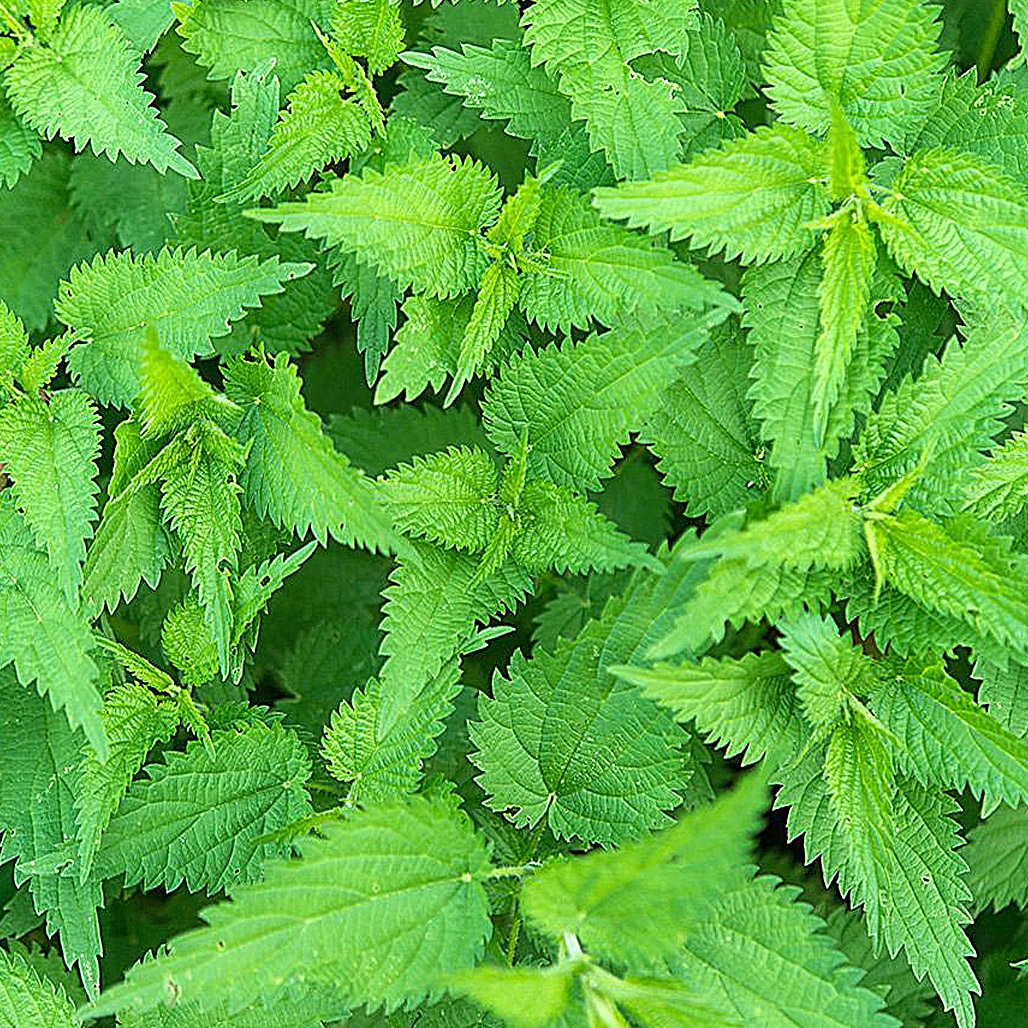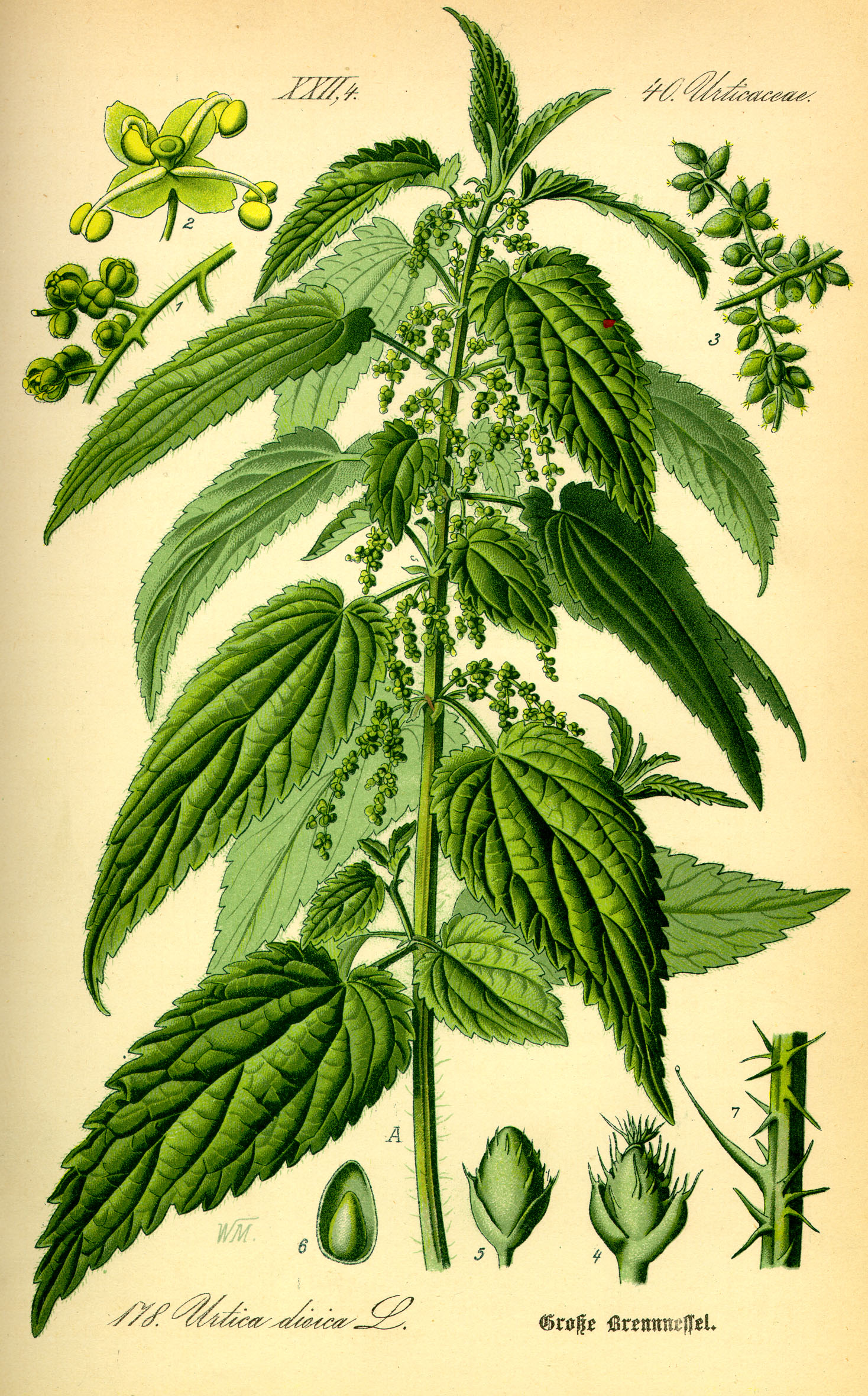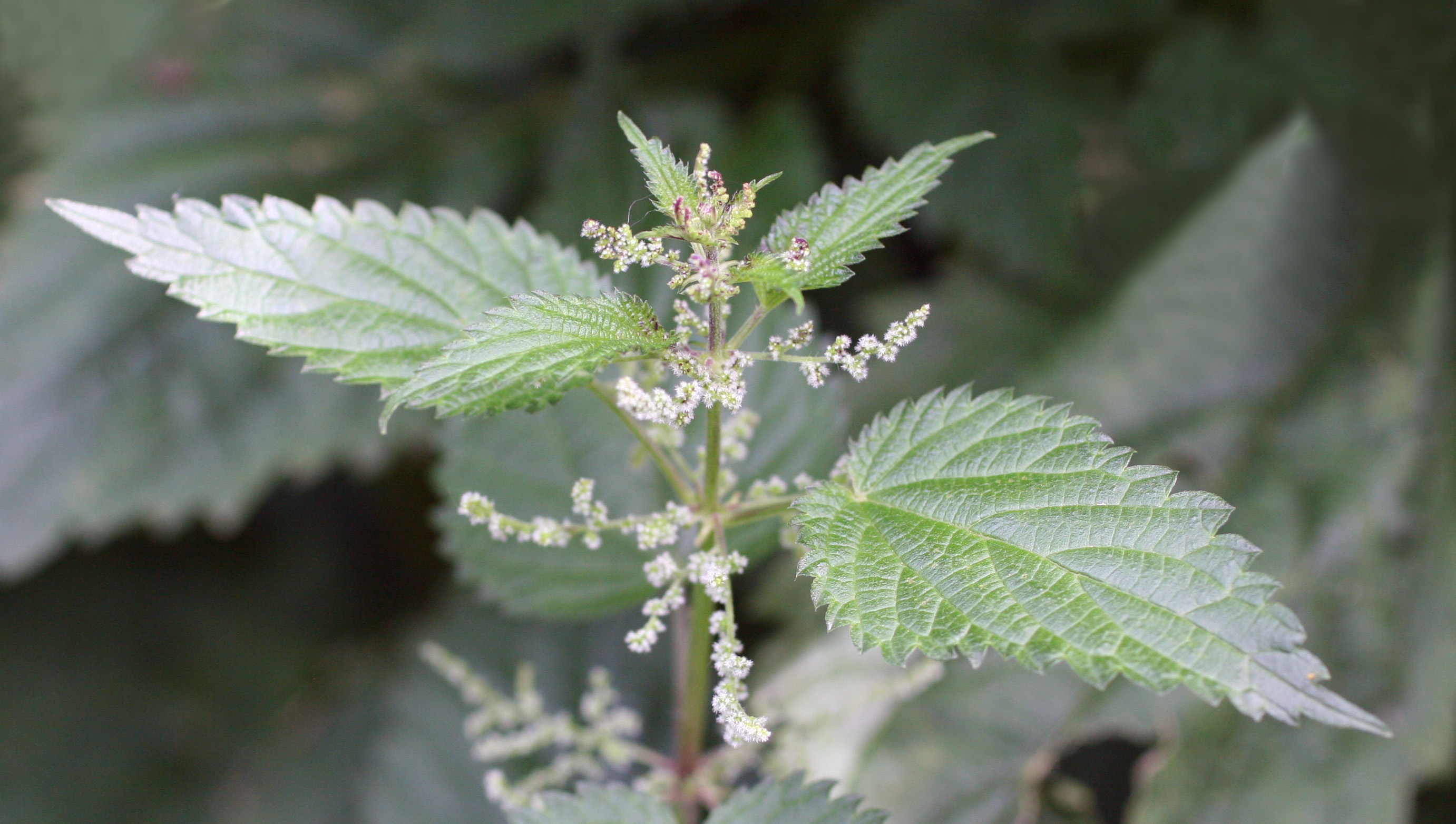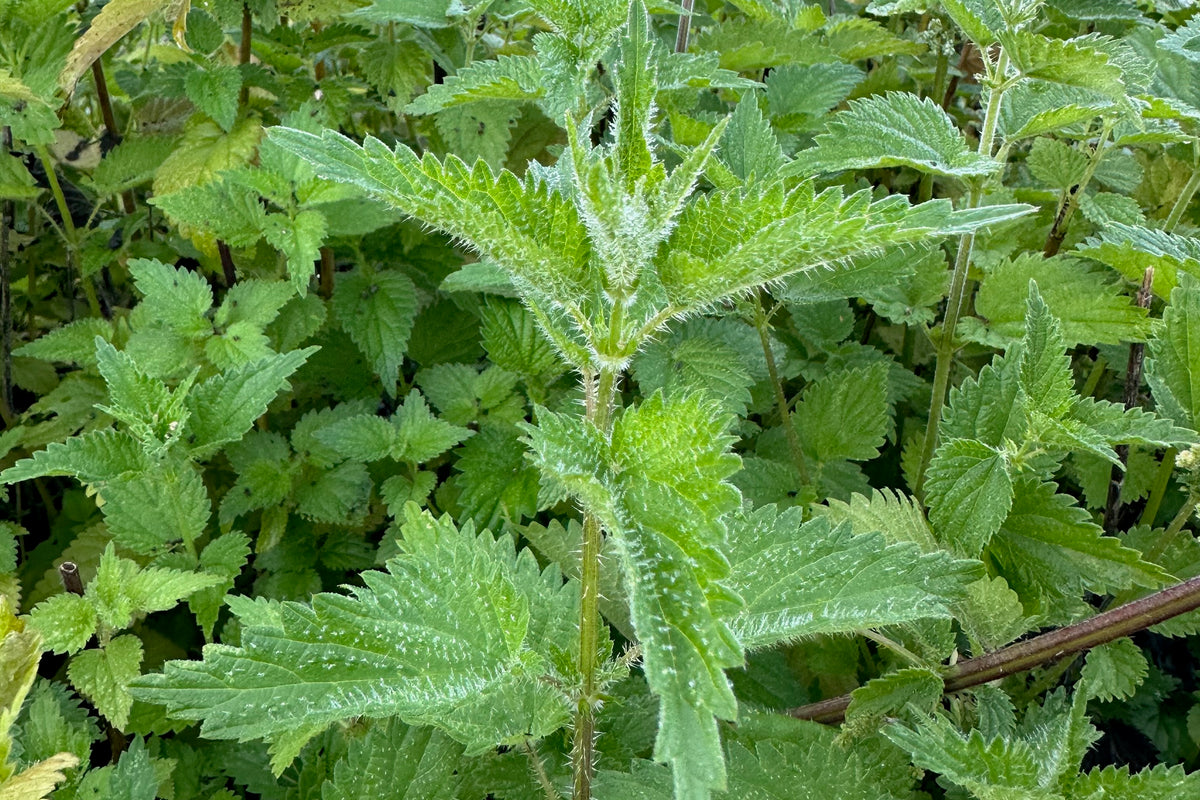The nettle, a plant often feared for its stinging hairs, has a long and fascinating history. From its humble beginnings as a weed to its current status as a valuable medicinal herb and culinary ingredient, the nettle has proven to be a versatile and potent plant.
A Prickly Defense Mechanism
Nettles are characterized by their distinctive stinging hairs, which are microscopic needles filled with irritating chemicals. When touched, these hairs break off, releasing the chemicals into the skin, causing a painful stinging sensation. While this defense mechanism may deter many animals, it has not stopped humans from harnessing the nettle’s potential.
A Nutritional Powerhouse
Despite its prickly exterior, the nettle is a nutritional powerhouse. It is rich in vitamins, minerals, and antioxidants, including:

Vitamins: A, C, and K
These nutrients contribute to the nettle’s various health benefits, which have been recognized for centuries.
Medicinal Uses of Nettle
Nettle has been used in traditional medicine for a wide range of ailments. Some of its most common medicinal uses include:
Alleviating Allergies
Nettle has been shown to reduce allergy symptoms, such as hay fever and allergic rhinitis. It works by inhibiting the release of histamine, a chemical that triggers allergic reactions.

Promoting Joint Health
Nettle’s anti-inflammatory properties make it beneficial for individuals with joint pain and arthritis. It can help reduce inflammation and improve joint mobility.
Supporting Kidney Health
Nettle has diuretic properties, which can help promote kidney health by increasing urine output and flushing out toxins.
Boosting Immune Function
The high concentration of antioxidants in nettle can help strengthen the immune system and protect the body from oxidative stress.
Promoting Hair and Skin Health
Nettle can be used topically to promote hair growth and reduce hair loss. It can also be used to soothe skin irritations and improve skin health.

Culinary Uses of Nettle
In addition to its medicinal properties, nettle is also a versatile culinary ingredient. Its young leaves can be harvested in early spring and used in a variety of dishes, including:
Soups and stews: Nettle leaves can be added to soups and stews for a nutritious and flavorful boost.
When harvesting nettles, it is important to wear gloves to protect your hands from the stinging hairs. The leaves should be boiled or steamed to deactivate the stinging chemicals before consumption.
A Sustainable and Resilient Plant
Nettles are a sustainable and resilient plant that can thrive in a variety of conditions. They are often found growing wild in fields, forests, and along roadsides. By harvesting nettles responsibly, we can enjoy the benefits of this remarkable plant while also supporting biodiversity and ecological balance.

In conclusion, the nettle is a truly remarkable plant with a wide range of benefits. Whether used for its medicinal properties or culinary versatility, the nettle is a valuable resource that deserves our appreciation.
Nettle Plant

